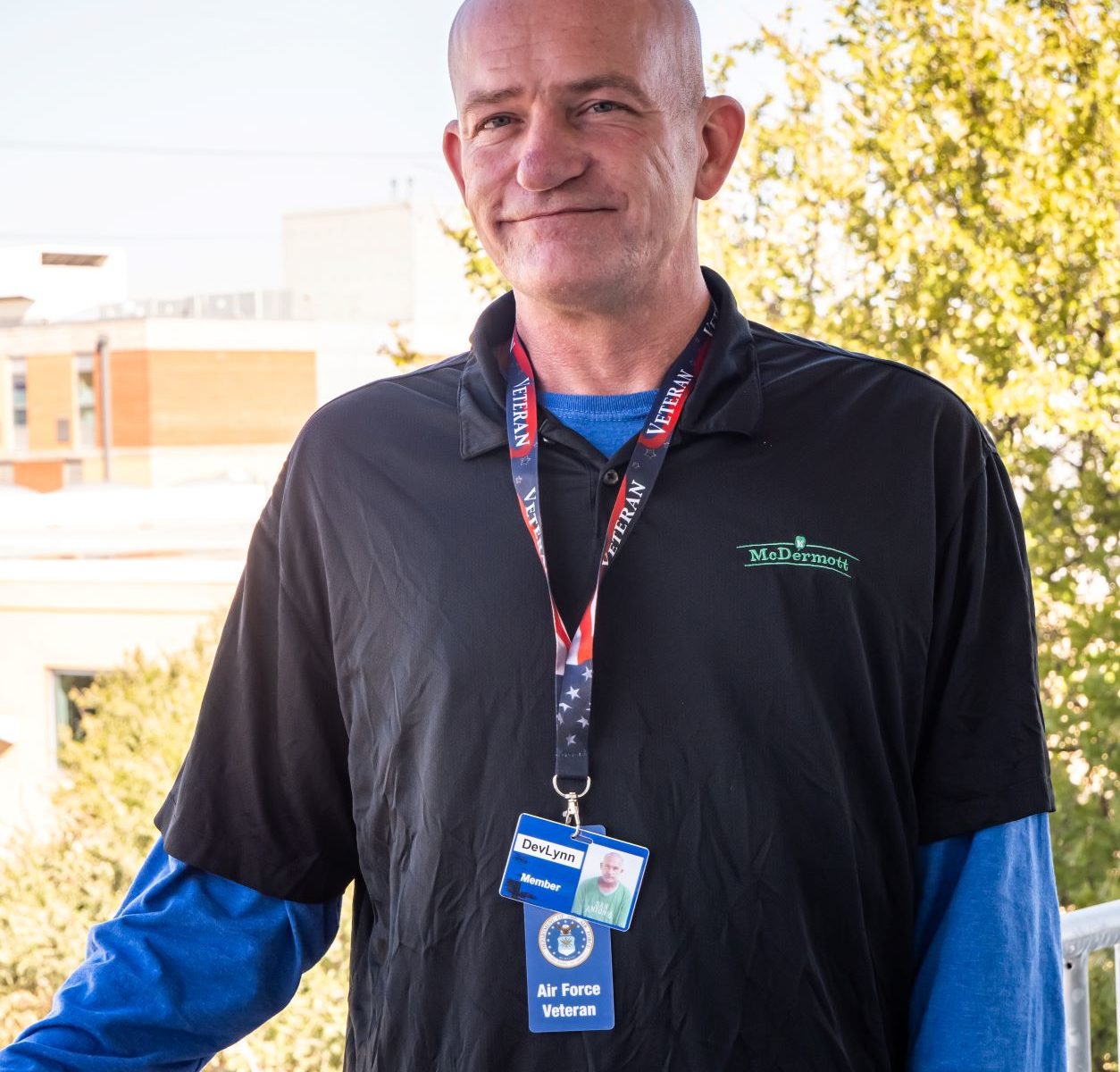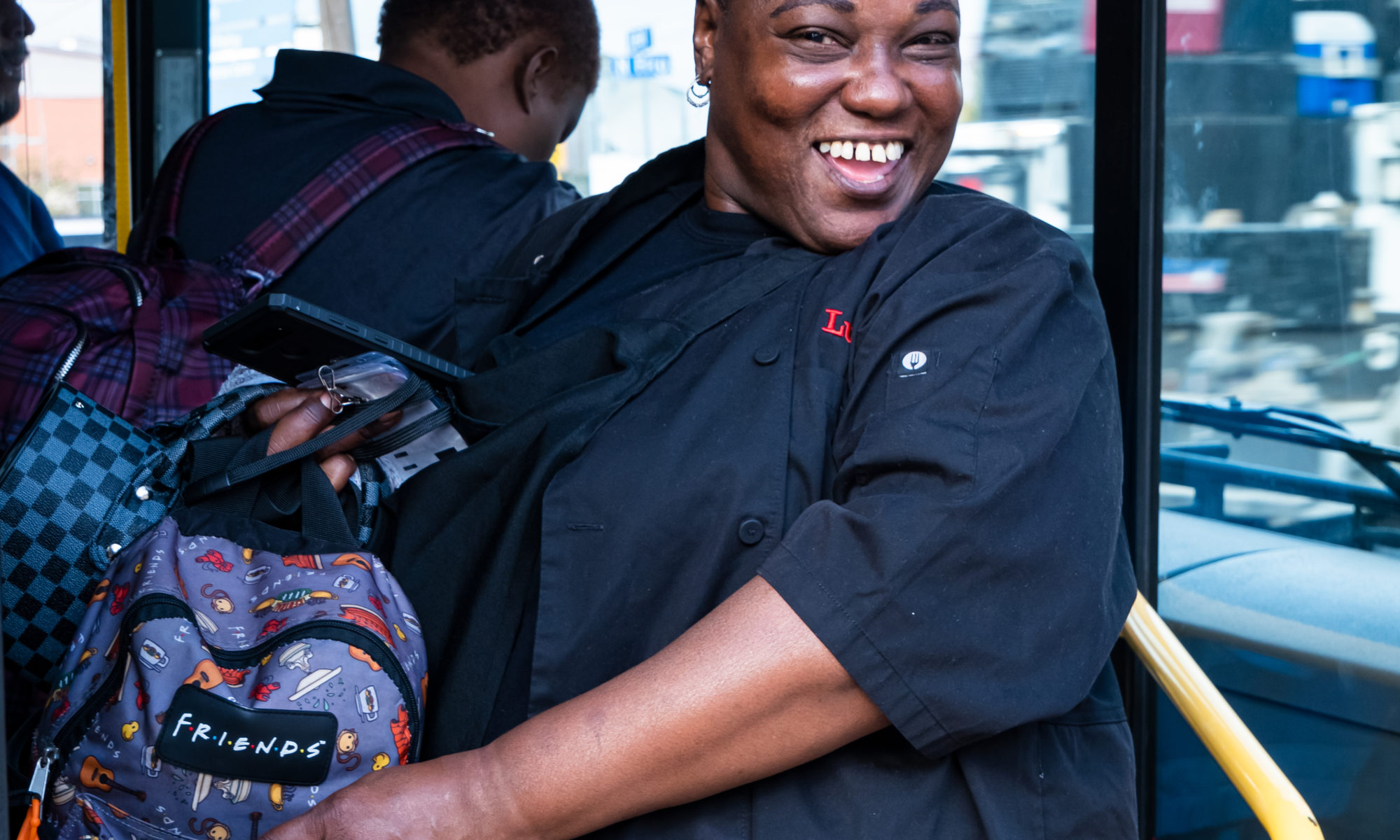DevLynn is an only child. When his parents needed help and care as they aged, he knew he needed to be there. “I signed that paperwork the day I was born. They raised me, took care of me, I needed to be there for them.”
DevLynn cared for his parents and after his grandmother and parents passed away, he lived off his inheritance. Until the lease was more than he could afford. “I couldn’t sign the lease. I couldn’t stay there anymore.” DevLynn took his belongings and lived in his car. His car was paid for and if it was running, he had a place to stay. Then his car broke down. He couldn’t afford to retrieve it after it was towed. He didn’t have a valid ID. “All I had was my D214 military ID, it doesn’t have a photo,” he explained.
DevLynn relied on his support system to help him for a few months. But without a job or the money to keep paying for his stuff in storage, he knew he needed more help. His friend helped him get his valuables out of storage, including his father’s ashes. “That was very important to me.” As an Air Force vet, he didn’t fully understand the benefits he had earned. His friend dropped him off at Haven for Hope and he began working with the Veteran’s team. “I’m working on getting my identity back, I’m enrolled in VA health benefits, I have my VA ID card, I’m working on my income and housing plans.”
He thanks the team at Haven for giving him direction. “I didn’t know what to do, where to go to get help. The team worked with me. If I have a bad day, they pick up me up and tell me to stick it out.” It’s important for DevLynn to transform his life. “I don’t want to fail. Even though my parents aren’t here to see this, I don’t want to disappoint them.” He believes it’s a privilege to live in the United States and he is glad he served four years in the Air Force. “Serving in the military helped me understand the freedoms we have.”
He is willing to take any job that will provide a steady income. He owes his progress to his support system, especially his case manager, Jose. He said Haven for Hope staff will point you in the right direction, but he must do the work. “Thank you, Haven for giving me direction. Thank you for giving me purpose.”
To hear from DevLynn, click here!







